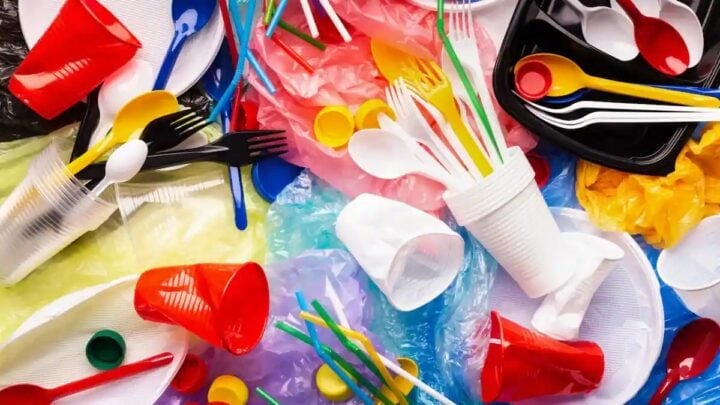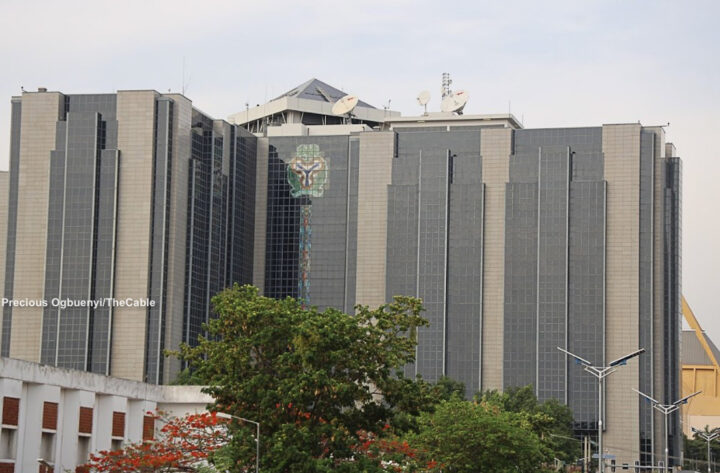The house of representatives ad-hoc committee on the ban of single-use plastics in Nigeria has proposed introducing a green tax on polypropylene manufacturers.
Polypropylene is a common plastic made from propylene gas, used in packaging, disposable cups, woven bags, and household items.
Speaking on Tuesday in Abuja at the committee’s inaugural meeting, Terseer Ugbor, chairman of the panel, said the house will also consider legislation to regulate polypropylene production and promote recycling as part of a national strategy to curb pollution and protect public health.
“Polypropylene’s environmental impact is substantial and disturbing. During the production process, it releases toxic chemicals like formaldehyde and benzene, putting workers and nearby communities at risk,” he said.
Advertisement
“It is responsible for enormous carbon emissions and relies heavily on fossil fuels, contributing to resource depletion. As waste, polypropylene isn’t biodegradable, lingering in landfills for up to 500 years and polluting our oceans and harming marine life in the process.
“Nigeria cannot afford to continue on this path of environmental neglect. Our industries must take responsibility for the ecological footprints they leave behind.”
The legislator said the committee would work with ministry of environment and the National Environmental Standards and Regulations Enforcement Agency (NESREA) to develop policy framework for the proposed green tax and integrate polypropylene recycling into the national waste management programme.
Advertisement
“This committee will work with all relevant stakeholders to ensure that sustainable, environmentally responsible solutions are not just recommended but implemented,” the lawmaker said.
Ugbor said the committee will conduct a public hearing with stakeholders, including manufacturers, recyclers, and environmental experts, to ensure the proposed regulation is equitable.
“This is not about taxation. It is about responsibility, sustainability, and protecting the future of our environment and our people,” he added.
Last year, the house of representatives asked the federal government to ban the production, importation, distribution, and use of styrofoam and single-use plastics nationwide.
Advertisement
The Lagos government had also announced a ban on the usage and distribution of styrofoam and other single-use plastics in the state.







